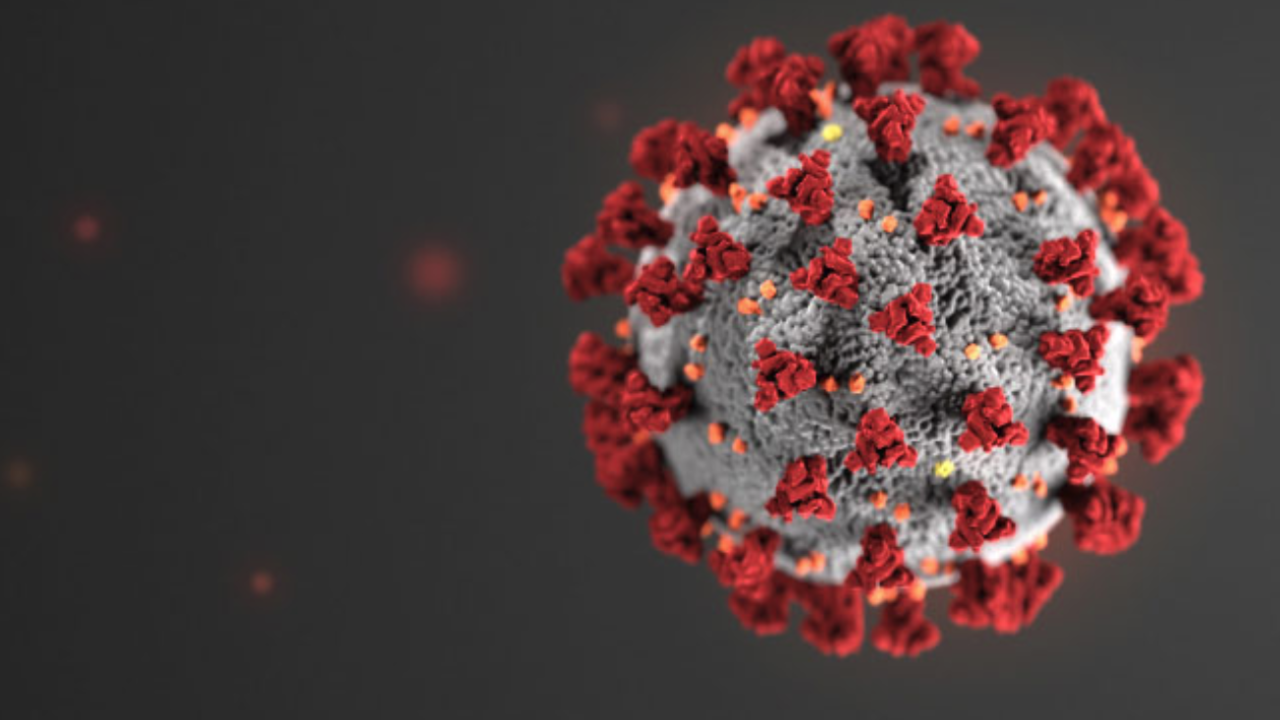BUFFALO, N.Y. (WKBW) — Western New York doctors explained the next phase of the COVID-19 pandemic is likely the "endemic phase." But what does endemic mean?
"The endemic phase will look similar to what we see each year with flu. A minimal number of cases throughout most of the year, virtually no hospitalizations in the warmer months, and as the respiratory virus season approaches we may have a bump in cases," Dr. Thomas Russo, the professor and chief of Infectious Disease at the University at Buffalo, said.
"When you think of an endemic, it's more control, where you have the actual virus around but not to the point that it's disruptive," Dr. Raul Vazquez, a physician at Urban Family Practice, said.
Experts said the Spanish Flu pandemic ended in an endemic more than 100 years ago.
"Probably the best example that everyone's heard about is the 1918 Spanish Flu pandemic," Dr. Russo said, "There was a large number of cases and deaths over a couple of years and eventually then that transitioned into a more manageable number of influenza cases."
"It burned itself out to the point that when you were exposed to it it was not as lethal as when the first particular strands occurred," Dr. Vazquez said.
Experts said with current vaccination rates and the high spread of the Omicron variant, Western New York could be in the endemic phase of the pandemic within the coming months.
"I'm hoping we'll start to approach the endemic phase here in Western New York sometime towards the end of February or early March," Dr. Russo said.
But experts said that does come with a caveat.
"If a variant arises, that can circumvent that population based immunity that got us into the endemic phase, that could result in an increased amount of cases," Dr. Russo said.
"In addition to the vaccines and other medicines that are coming out, that worked out in terms of produce inhibitors, they help with viral replications of this virus. All that stuff will get us into a better place. I think we see the trend coming down and I think by mid-February, we're out of this thing," Dr. Vazquez said.




